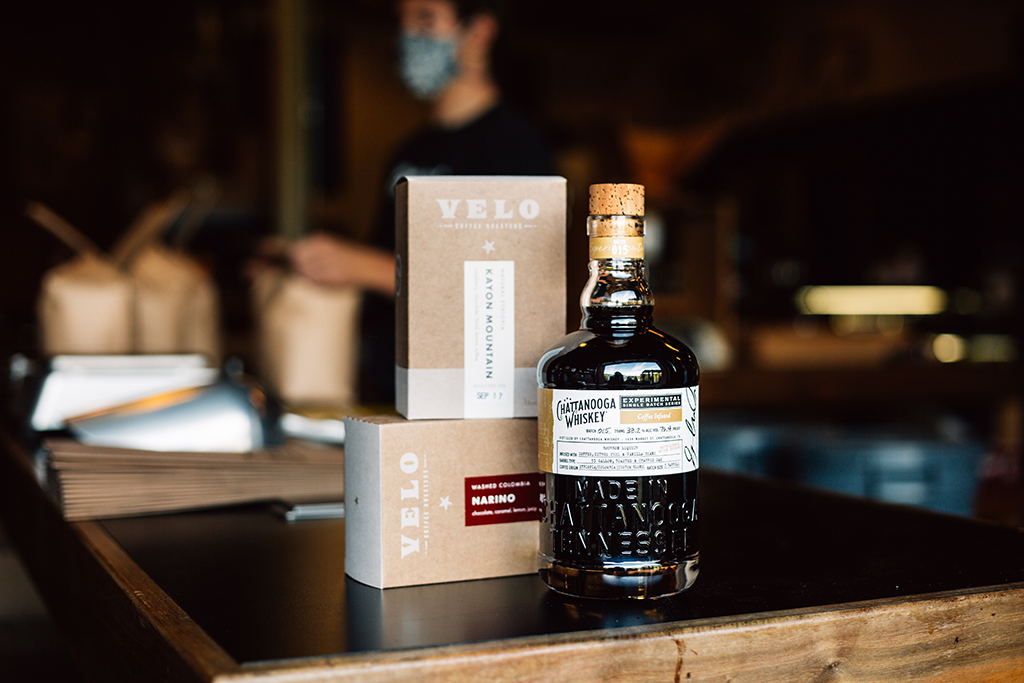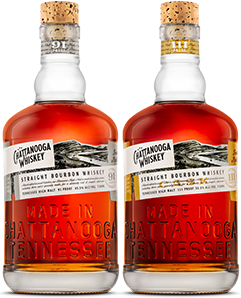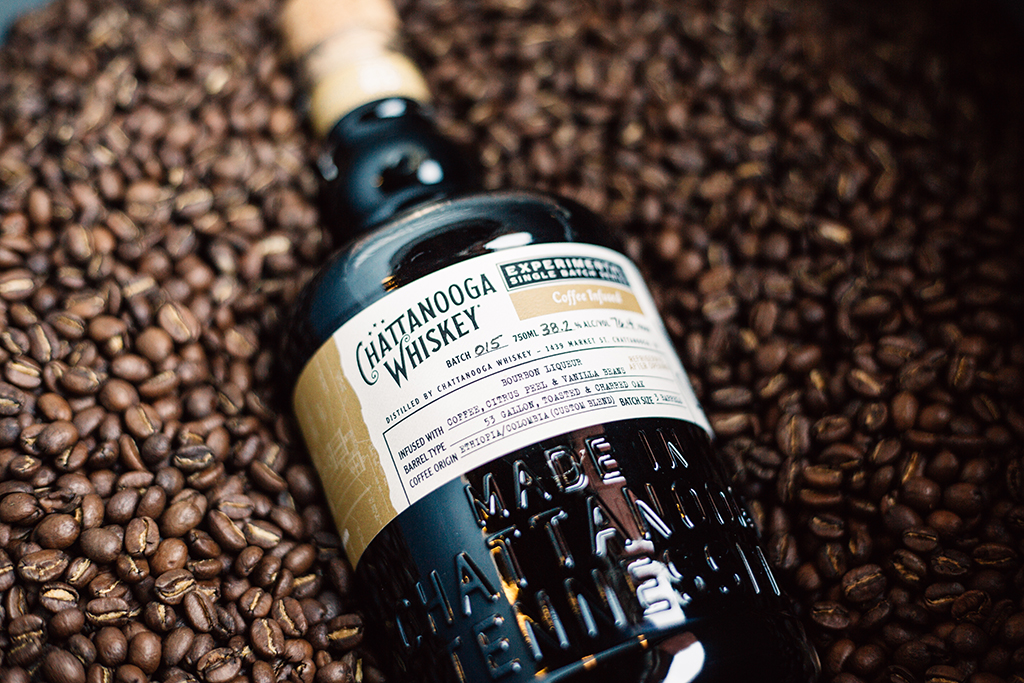
Inside the Experimentation Process: Batch 015
Our Experimental Single Batch Series is something of a playground for our distillers. A limited collection of single-batch spirits born from our 100-gallon pot column still at our Experimental Distillery in downtown Chattanooga, this series seeks to express uncompromised creativity and innovation within our craft. Some experiments test individual ingredients, while others test completely unique concepts from start to finish.
Our Coffee Bourbon Liqueur concept has been in the works for a long time. In fact, it started almost 3 years ago with the creation of a “coffee” mash bill at our Experimental facility that used specialty malts to suggest a coffee profile in our Tennessee High Malt whiskey. Along with the more familiar corn, wheat, and Munich malted barley, this mash bill featured two additional barleys that are specifically kilned like coffee – the aptly named “Kiln Coffee Malt” from France and the “Black Pearl” de-husked barley malt from South America.
Once we had distilled and barreled the bourbon base, we needed to decide how to make a coffee liqueur that was uniquely ours. For us, that meant a malt forward, slightly less sweet bourbon liqueur that emphasized the brighter, fruitier notes of small batch roasted coffee, along with the more familiar dark, espresso, chocolate notes we all know and love.
Enter Velo Coffee Roasters. We explained the profile we were going for and they helped create a custom coffee blend that dialed in the juicy, citrusy, fruity notes we wanted. With their help, we settled on a mix of Colombian beans for their sweetness and earthiness, and Ethiopian beans for their fruit forward notes. Through the powers of trial and error we bench blended small samples until we found the ideal ratios, proofs, and steep times required to maintain the desired flavor profile. As we’ve learned before, scaling up a project does not always translate as expected, but after only a few tweaks and adjustments (and a frantic request for more coffee!) we were there. We gave it one final boost with some cane sugar, fresh citrus peels and vanilla beans to round out the flavor, and voila! introducing our Chattanooga Whiskey: Coffee Infused.
More about the coffee used in Batch 015
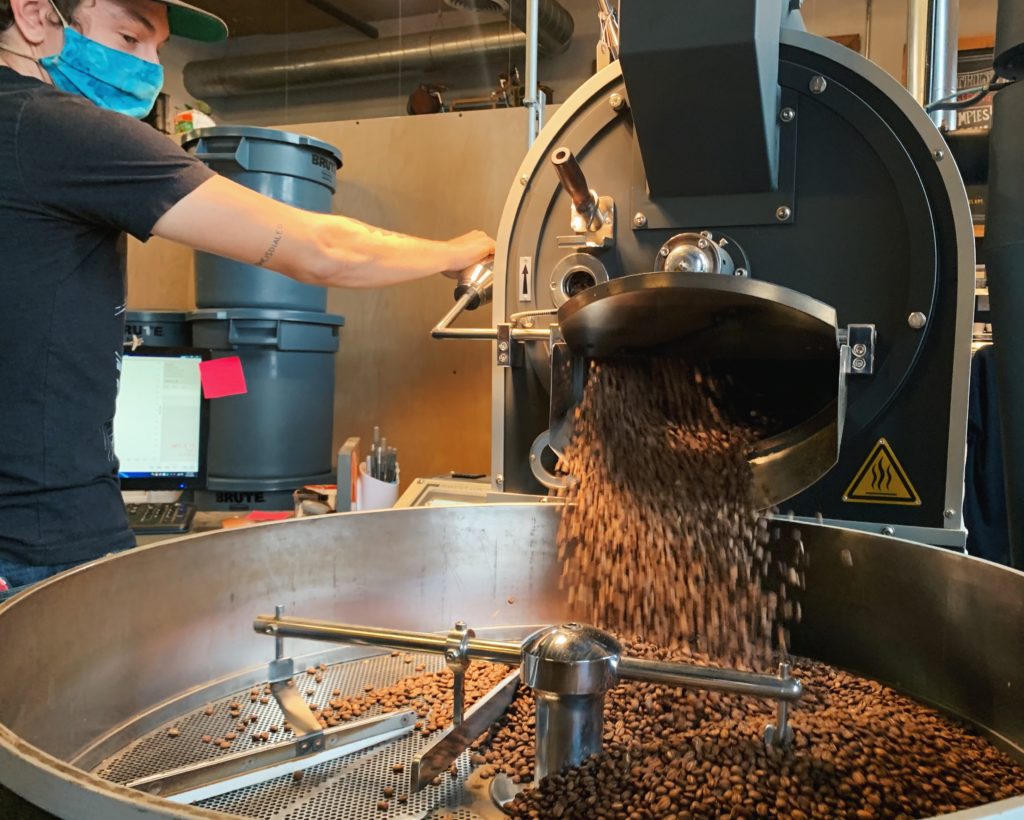
NATURAL ETHIOPIA – KAYON MOUNTAIN
Raspberry, chocolate, floral, lemon, toffee
Importer Notes
The Kayon Mountain Coffee Farm is located in the Oromia region, in the Guji zone of the Shakiso district of Ethiopia. The farm has a nursery on-site and utilizes shade (acacia and other indigenous trees) to protect the coffee as well as for creating compost to fertilize naturally. Both Natural and Washed lots are produced on the property.
Washed coffees are picked ripe and de-pulped the same day. They are fermented for 24–36 hours, weather-dependent, and then dried on raised beds. Natural coffees are picked, rinsed and sorted, and moved to the drying beds. In both cases, the drying can take between 12–20 days, also depending on the weather.
WASHED COLOMBIA – NARINO
Chocolate, caramel, lemon, juicy
Importer Notes
Fundación Agraria y Ambiental Para el Desarrollo Sostentible (FUDAM) is a 300-member association of organic-certified (and Rainforest Alliance–certified) growers, founded on a vision of sustainable agriculture as well as environmental protection and development. This group of smallholders lives in and around the small municipality of La Unión in Nariño, where the terrain differs greatly from in other coffee-growing areas like Cauca: instead of walking up from the town to the farms as elsewhere, here the towns are at such high elevation that the farms are typically lower elevation, surrounded by high peaks and rough road.
The farmers pick their coffee during the day and depulp it in the afternoon, typically fermenting the lots for 16–24 hours dry. The coffees are generally washed two or three times before being dried either in small “casa elbas,” mechanical dryers, or parabolic dryers. The mechanical drying takes between 25–40 hours, while the other drying structures can take up to 15 days.
More about Velo Coffee Roasters
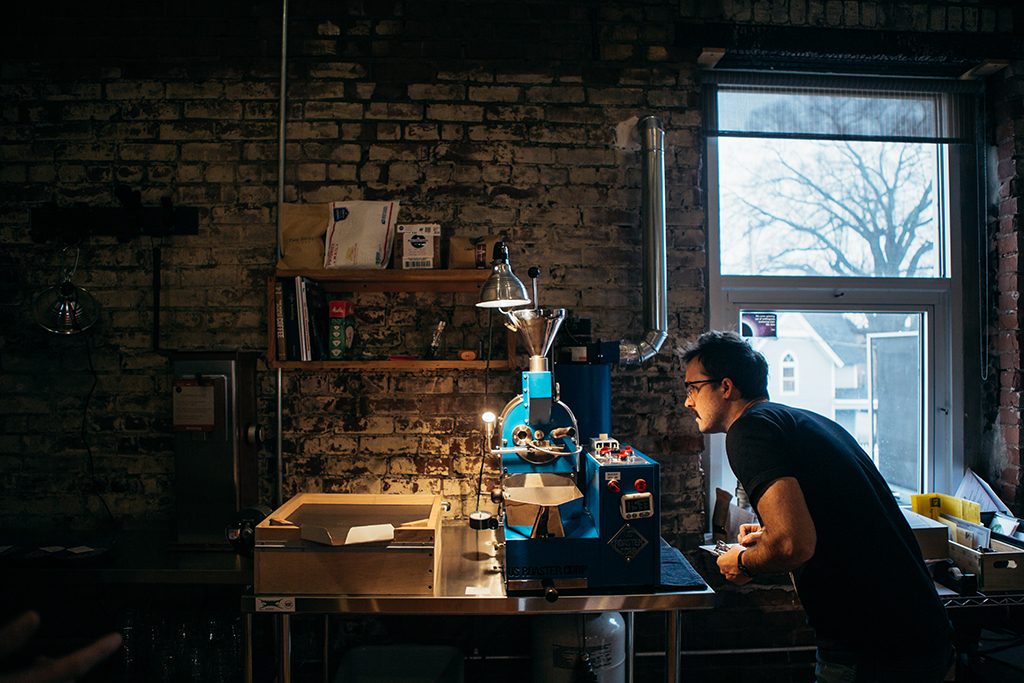
Andrew and Jessica Gage started Velo Coffee Roasters in April of 2010 with a passion for bikes, specialty coffee, and bringing a light roast approach to the Chattanooga market. Andrew sold his car for capital to start the company and delivered all orders by bike until 2015, steadily growing Velo into a wholesale roaster. As demand increased, a small pour over and espresso bar was built inside the shop to provide a retail space for customers. Since then, Velo has expanded to provide an extensive cold brew program, events/coffee competitions, group bike rides, a subscription program and an ever-progressing retail space for coffee fiends and newcomers alike.
Learn more at velocoffee.com
